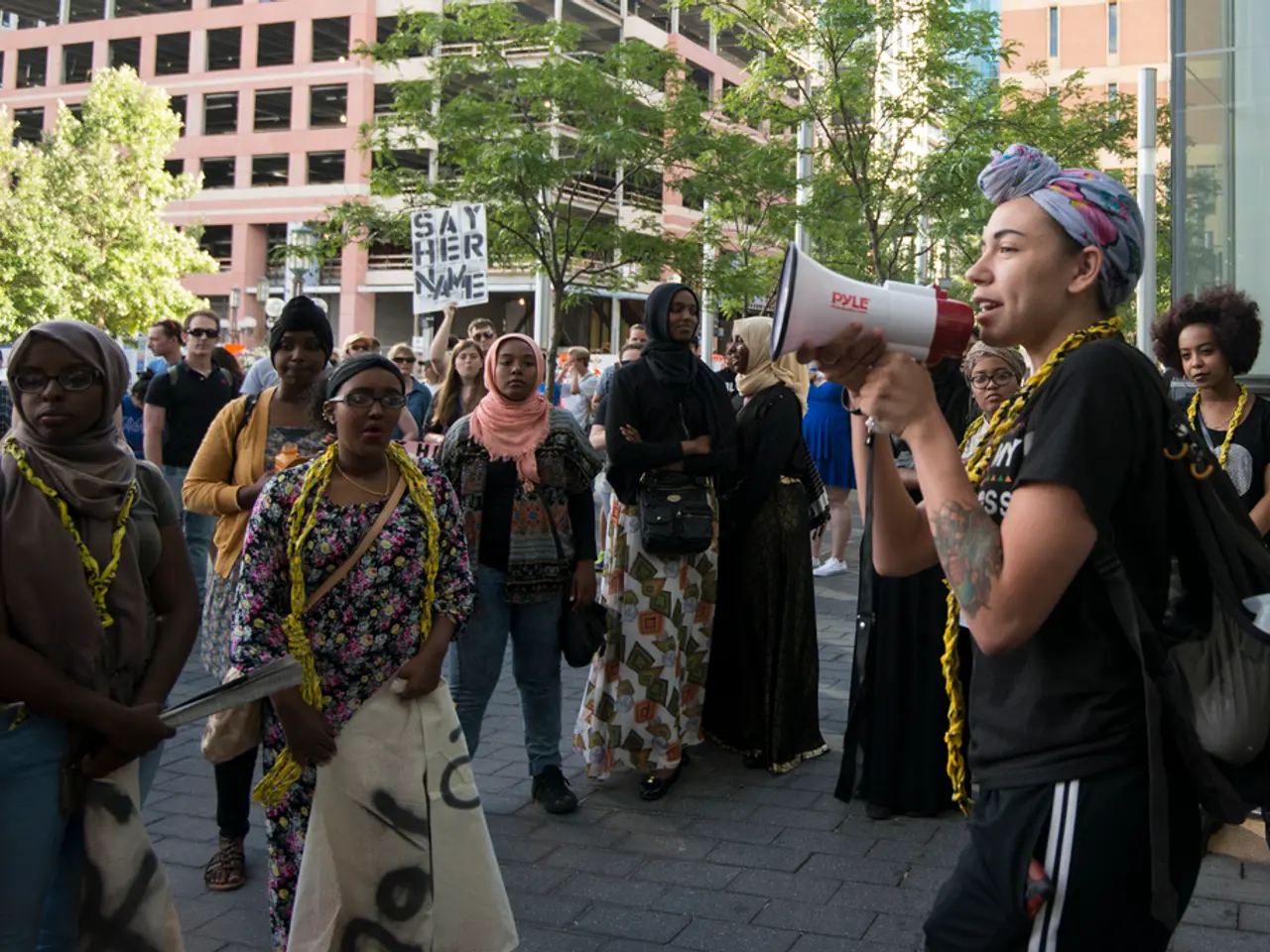Exploring Black Existentialism: A Deep Dive into Race and Existence!
Black Existentialism: A Philosophy of Resistance and Empowerment
Black Existentialism is a philosophy that offers a unique perspective on human existence, one that is deeply rooted in the lived experiences of racial discrimination and marginalization faced by Black people. This philosophy, which developed as a critical response to traditional existentialist ideas, foregrounds the experience of "double consciousness" and racial oppression as fundamental to understanding existence.
W.E.B. Du Bois's concept of "double consciousness," introduced in his seminal work The Souls of Black Folk (1903), is foundational to Black Existentialism. Du Bois described the simultaneous identity of being both Black and American, creating a unique internal conflict shaped by racial prejudice that traditional existentialism did not address. This "two-ness" presented a distinct existential challenge—one of navigating identity in a society that refuses to see Black people as fully human.
Frantz Fanon, through his experiences in colonial Algeria, expanded upon Du Bois's insights. Fanon critiqued assimilationist ideology and emphasized the psychological violence of racial othering and colonialism, leading to a revolutionary rethinking of selfhood and freedom beyond Eurocentric philosophical frameworks.
Black Existentialism, therefore, is both a continuation and a radical departure from traditional existentialist ideas. It retains the focus on individual freedom and human subjectivity but insists that these must be understood in the context of systemic racial oppression. This philosophy affirms identity and racial pride while grappling with alienation and marginalization, turning these conditions into a source of critical insight and potential empowerment.
Angela Davis, bell hooks, and Albert Memmi, though not explicitly mentioned as key thinkers in the provided text, are also significant figures in Black Existentialism. Davis and hooks emphasize that meaning in life is not just an individual pursuit but a collective struggle for Black communities, often tied to resistance, cultural expression, and solidarity. Memmi, known for his work on colonialism and its impact on the colonized, shares themes with Black Existentialism.
In summary, Black Existentialism emerged by integrating existentialist themes of freedom, authenticity, and anxiety with the realities of racial discrimination, articulating a distinct philosophical response that centers Black identity, oppression, and resistance. This philosophy challenges universalist claims of existentialism by insisting that race and historical context are inseparable from questions of existence and human freedom.
Sources: - W.E.B. Du Bois's The Souls of Black Folk (1903) description of double consciousness and racial identity as existential issues (1) - Frantz Fanon's critique of colonialism and racial othering shaping Black self-consciousness beyond traditional existentialism (3) - General overview of existentialism’s traditional scope showing its limitations without racial context (5)
- Black Existentialism, as a response to traditional existentialist ideas, prioritizes the lived experiences of racial discrimination and marginalization, offering a unique philosophical perspective on human existence.
- W.E.B. Du Bois's concept of "double consciousness" highlights the internal conflict experienced by Black individuals due to racial prejudice, proving that this philosophy is deeply rooted in the experiences of those it seeks to represent.
- Frantz Fanon expanded upon Du Bois's insights, emphasizing the psychological impact of racial othering and colonialism, leading to a revolutionary rethinking of selfhood and freedom, transcending Eurocentric philosophical frameworks.
- Black Existentialism affirms identity and racial pride, grappling with alienation and marginalization, transforming these conditions into critical insight and potential empowerment, challenging universalist claims of existentialism by insisting on the inseparability of race and historical context.
- Angela Davis, bell hooks, and Albert Memmi, though not directly mentioned, are also significant figures in Black Existentialism, embracing the notion that the pursuit of meaning in life is a collective struggle for Black communities, often tied to resistance, cultural expression, and solidarity.
- The philosophy of Black Existentialism integrates existentialist themes such as freedom, authenticity, and anxiety with the realities of racial discrimination, offering a distinct philosophical response that centers Black identity, oppression, and resistance in the broader context of society and culture.





